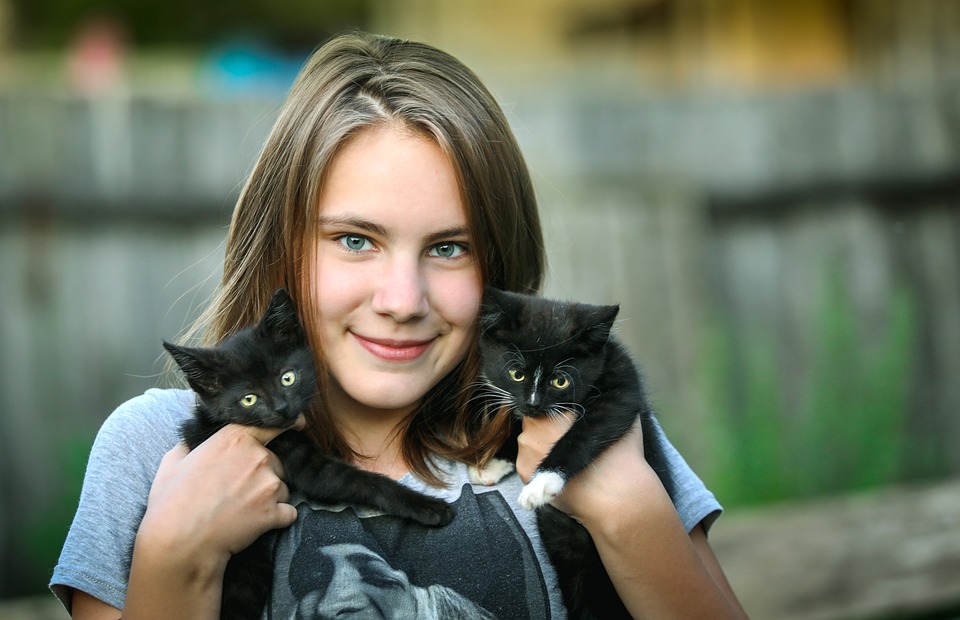
When it comes to taking care of our pets, providing optimal nutrition and exercise is essential for their overall health and wellbeing. Just like humans, our furry companions require a balanced diet and regular physical activity to maintain a healthy weight and prevent various health problems. To help you become a pet care pro, we have gathered expert tips on how to best meet the nutritional and exercise needs of your beloved animal.
1. Optimal Nutrition:
Good nutrition is the foundation of a healthy pet. Here are some tips to ensure your pet receives the right diet:
a. Consult a veterinarian: Schedule regular visits with your veterinarian to discuss your pet’s nutritional needs. Breed, age, weight, and any underlying health conditions can affect the type and quantity of food required.
b. Choose a balanced diet: Look for pet food that is labeled complete and balanced, which provides all the necessary nutrients for your pet’s daily needs. Avoid homemade diets, as they are often nutritionally incomplete and can lead to deficiencies.
c. Read ingredient labels: Familiarize yourself with the ingredients in your pet’s food. High-quality pet food should include real meat or meat as the first ingredient and avoid artificial additives and preservatives.
d. Control portion sizes: Overfeeding can lead to obesity and other health issues. Follow feeding guidelines provided by the manufacturer or your veterinarian, and adjust the amount as needed based on your pet’s activity level and weight.
2. Regular Exercise:
Exercise is important for both physical and mental stimulation in pets. Here’s how to make sure your pet gets enough exercise:
a. Understand your pet’s needs: Different animals have various activity levels and exercise requirements. For example, a young and energetic dog may need more vigorous exercise compared to an older cat. Research and understand the specific needs of your pet’s breed to provide appropriate activities.
b. Daily walks and playtime: Dogs thrive on regular walks and interactive play sessions. Aim for at least 30 minutes of exercise per day, whether it’s a walk in the park, playing fetch, or simply engaging in active play indoors.
c. Provide mental stimulation: Mental exercise is just as important as physical exercise. Incorporate puzzle toys, treat-dispensing toys, or obedience training sessions to keep your pet mentally sharp and engaged.
d. Consider your environment: If you live in an apartment or have limited outdoor space, find alternative activities that your pet can enjoy indoors, such as climbing trees for cats or using a treadmill for dogs.
3. Don’t Forget Hydration and Rest:
In addition to nutrition and exercise, don’t overlook the importance of hydration and rest in your pet’s daily routine:
a. Fresh water: Always provide clean, fresh water for your pet. Refill their water bowl regularly, especially during warmer months or after physical activity.
b. Sufficient rest: Just like humans, pets need adequate rest to recharge. Ensure your pet has a quiet and comfortable space to relax and sleep.
c. Maintain a routine: Establish a consistent feeding, exercise, and sleep schedule for your pet. Animals thrive on routine, and it helps create a sense of stability and predictability in their lives.
Remember, each pet is unique, and their specific needs may vary. Regular communication with your veterinarian and observing your pet’s behavior and health is crucial to maintaining their optimal care. By providing a balanced diet, regular exercise, and attending to their other fundamental needs, you will be well on your way to becoming an expert in pet care.